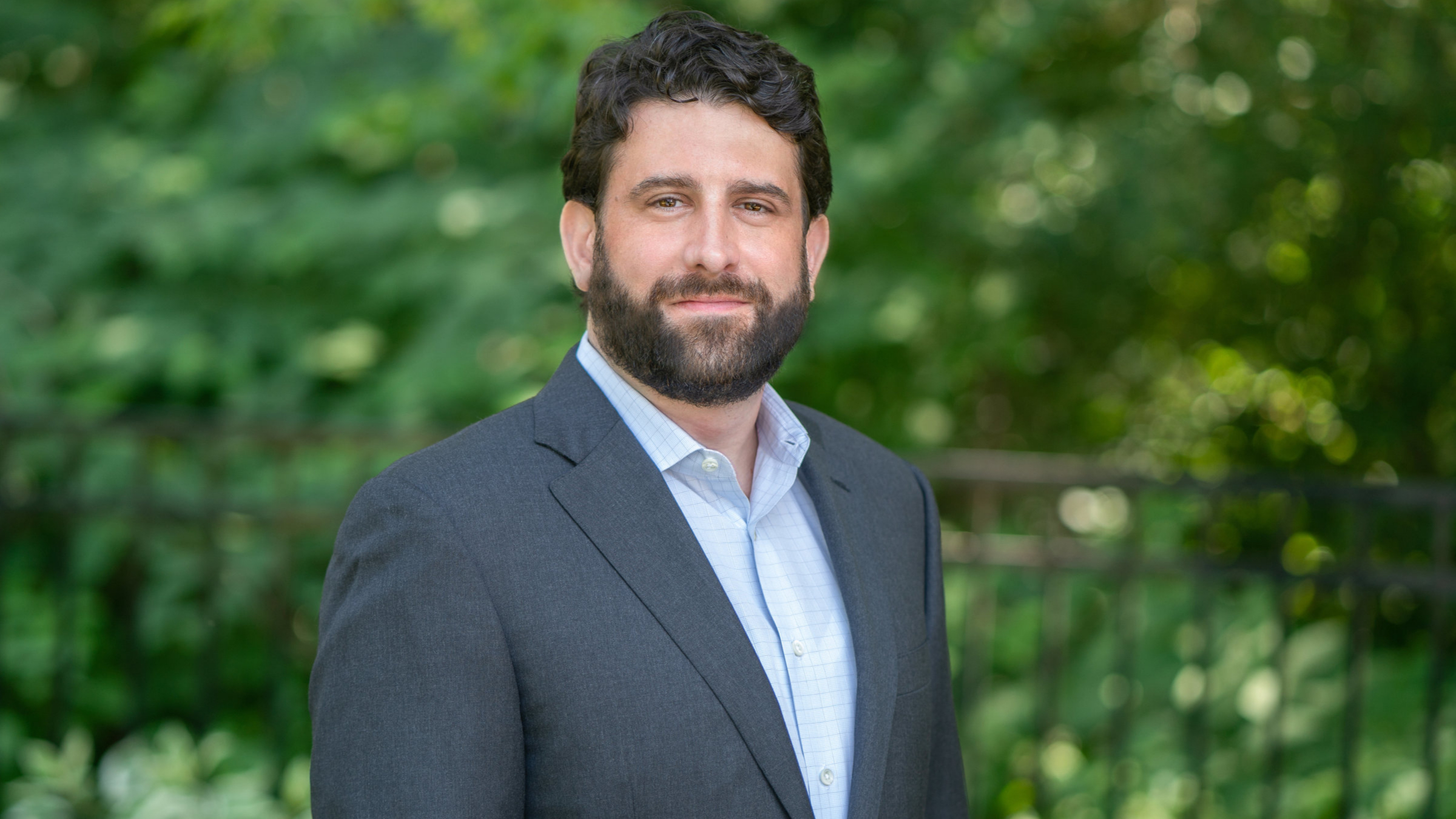
Kevin Friedman, Kelonia president and CSO
Gene therapy outfit emerges from stealth with big ambitions. First stop — CAR-T
There’s a new player in the gene therapy space in Boston.
Backed by science out of Stanford and MIT, the small outfit has big dreams …
Sign up to read this article for free.
Get free access to a limited number of articles, plus choose newsletters to get straight to your inbox.